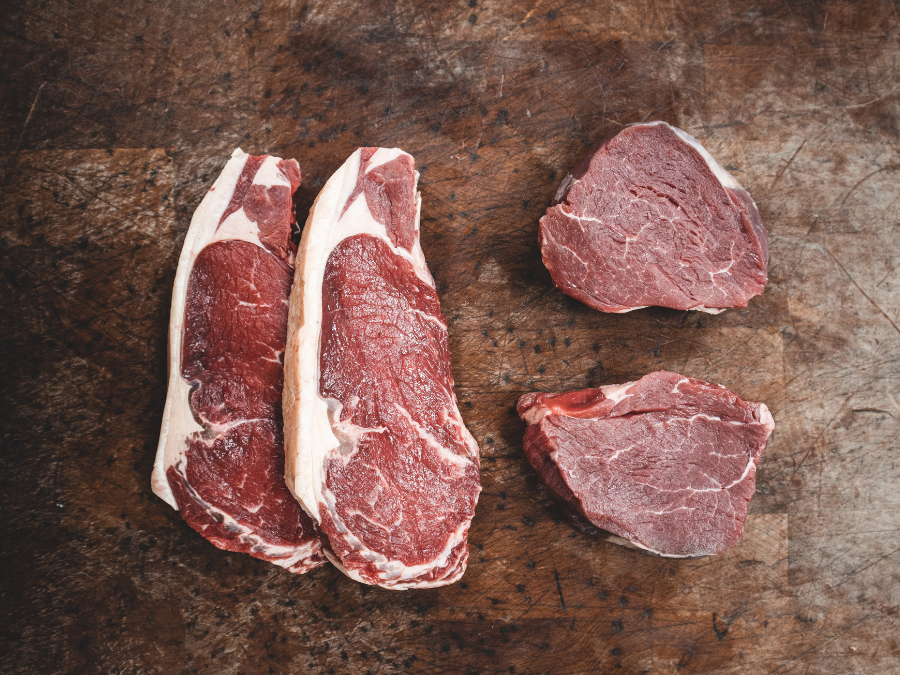
Mexico will open its doors to beef imports from Brazil for the first time as it looks to “diversify” its food chain in the face of rising inflation.
Santa Catarina, a south Brazilian state, will be able to export fresh, chilled or frozen bone-in meat to Mexico. A further 14 states, including major producers such as Mato Grosso and Mato Grosso do Sul, will only be able to export aged and boneless cuts.
It comes as Mexico’s interest rate reached an all-time high of 11% in February – well above the Bank of Mexico’s target of 3%.
Senasica (Mexico’s national agri-food health, safety and quality body) has established a set of health requirements for the exported meat amid concerns around foot-and-mouth disease and mad-cow disease.
Several Brazilian states still vaccinate their cows against foot-and-mouth disease, though Santa Catarina has been recognised as clear of the disease without vaccination by the world health organisation.
Senasica said Brazil also “retained negligible risk status” for mad-cow disease (bovine spongiform encephalopathy). A case was reported last month but the Mexican authority saw it as “atypical”, concluding the disease poses an insignificant risk.
The release from the Mexican government said: “The importation of meat from Brazil is part of the measures taken to facilitate international food trade and thus diversify the sources of meat supply, thereby contributing to strengthening the Mexican government’s policy against inflation and the high cost of basic basket products, in favour of the Mexican population.”
Brazil-headquartered beef exporter Minerva has had six plants confirmed for export with capacity to slaughter 7000 animals per day.
It said: “With 130m inhabitants, Mexico stands out as one of the main beef markets in the world. In 2022, Mexico was responsible for importing approximately 108,000 tonnes of beef, with the United States and Canada responsible for almost all of this supply.”
FAO food price index dips again, 2023 wheat outlook shows promise
